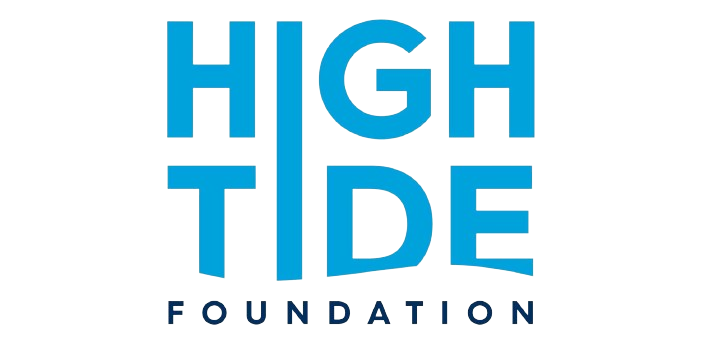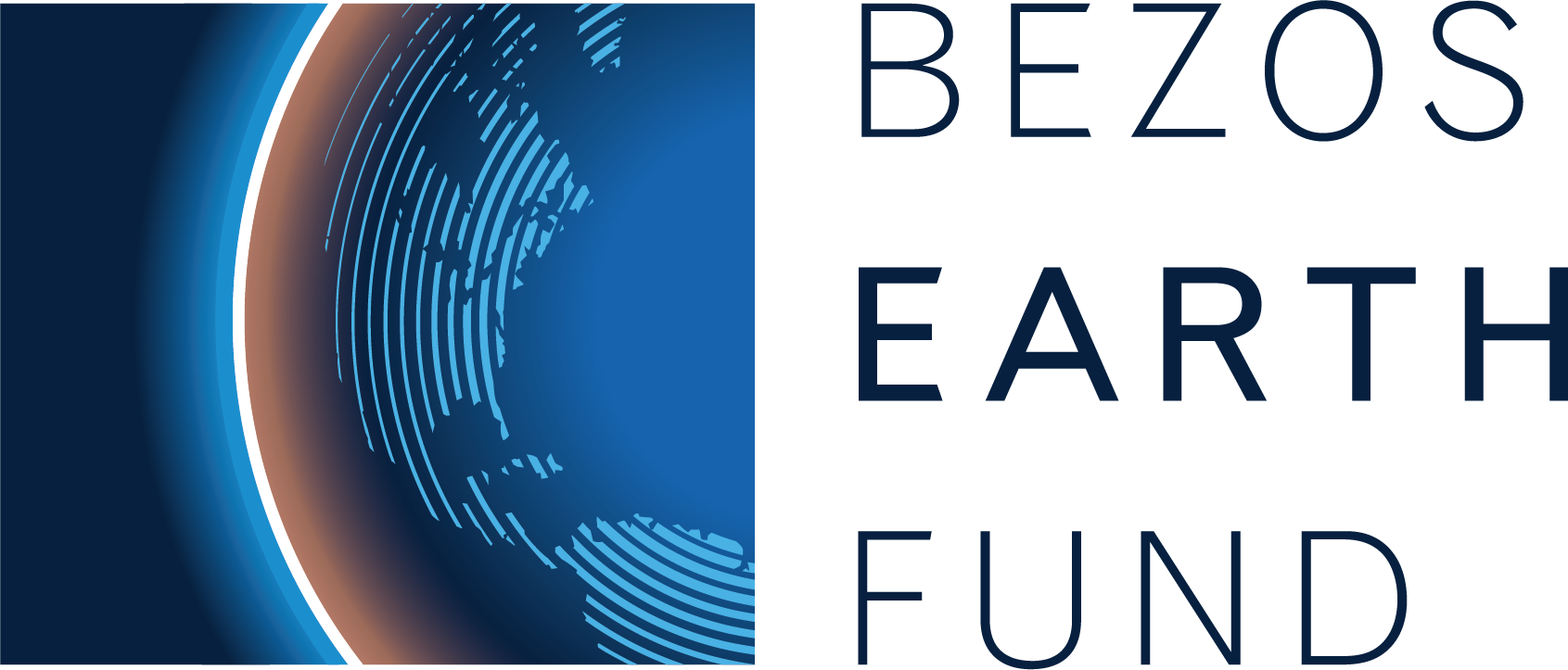Integrity Council approves six carbon dioxide removal methodologies
Written by ICVCM
Published
5 min read
A further Improved Forest Management and an Afforestation, Reforestation and Revegetation methodology version were also approved in ICVCM’s latest assessment decisions.
The Integrity Council for the Voluntary Carbon Market (ICVCM) today approved another batch of engineered Carbon Dioxide Removal (CDR) methodologies, following the approval of three biochar methodologies in July.
Engineered CDR involves using purpose-built technologies to draw down carbon dioxide from the atmosphere. While it currently represents less than 1% of the voluntary carbon market by issued volume, CDR is responsible for a considerable volume of forward sales in the market and its market share is expected to expand significantly.
The UK and EU are considering integrating CDR credits into their Emissions Trading Schemes within the next five years, while CDR projects also have strong potential to channel finance to the Global South, with data showing that three out of the five largest supplier projects of durable CDR are based in the Global South.
The latest CDR methodologies approved to issue CCP-labelled credits are:
- Gold Standard – Carbon Sequestration Through Accelerated Carbonation of Concrete Aggregate (v1.0), provided conditions are met, as below.
- Isometric – Biomass Geological Storage (v1.0-1.1)
- Isometric – Bio-oil Geological Storage (v1.0-1.1)
- Isometric – Subsurface Biomass Carbon Removal and Storage (v1.0)
- Isometric – Biogenic Carbon Capture and Storage (v1.1)
- Isometric – Direct Air Capture (v1.1)
These are relatively new methodologies, with total issuance so far of approximately 30,000 credits to date. However, there are 24 projects registered under the Isometric methodologies, expected to issue over 3.2 million credits annually and 15 projects registered under the Gold Standard methodology, which are expected to issue over 9,000 credits annually in the coming years.
Projects using the Gold Standard methodology can generate credits that can be given the CCP label provided they comply with a rule update concerning baseline carbonation and the carbon dioxide source is via Direct Air Capture (DAC) technology or is biogenic in origin.
The Integrity Council Governing Board also announced that CAR Mexico Forest Protocol v3 and VM0047 v1.1 have become CCP-Approved. These methodologies relate to Improved Forest Management (IFM) and Afforestation, Reforestation and Revegetation (ARR), respectively.
Last month CAR Mexico Forest Protocol v3 was approved pending remedial action by CAR to revise its leakage accounting to allow values consistent with the latest research. It has now updated its methodology with an Errata and Clarification document which allows projects to substitute the previous flat 20% leakage rate with a variable market leakage rate, providing for leakage rates up to 40%, in line with the latest available research (Pan et al., 2020). As such, the Integrity Council has upgraded its remedial approval to full approval. Projects using this methodology can now generate credits that can be given the CCP label, provided that two conditions are met:
- A minimum 40-year permanence commitment is in place, and
- Where the market leakage rate is set based on the comparison of the cumulative project harvest volume with the cumulative baseline harvest volume
8.1 million credits have already been issued under this methodology for IFM activities. However, the number of credits that will become CCP-labelled once the approval conditions are taken into account remains unconfirmed. While nearly all projects under v3 meet the permanence condition, the number of projects that will automatically meet or adopt the new optional leakage procedure is unknown.
VM0047 v1 was approved by the Integrity Council in December 2024. VM0047 v1.1 (published in May 2025) represents a minor update, which:
- Allows project activities on forested lands, provided the area has not been managed for wood products
- Extends the use of remote sensing data to estimate pre-existing woody biomass at the start date and GPS coordinates or physical markers to identify trees
The Integrity Council found that this updated version also met all relevant criteria and requirements in the Assessment Framework. No credits have yet been issued under either version of VM0047. Two projects have been registered under v1, with a further 52 projects at an earlier stage of the registration process, altogether expected to issue 6.5 million credits annually. No projects have yet been registered under v1.1, but 11 projects are at an earlier stage of the registration process, expected to issue 3 million credits annually.
Annette Nazareth, Chair of the Integrity Council for the Voluntary Carbon Market, said: “We are pleased to announce these new approvals for methodologies in a variety of emissions reductions and removals categories. The science is clear that both reductions and removals are critical to effective climate action. These latest approvals will open up new options for integrity-focused buyers to broaden their portfolios of carbon credits across a range of high impact categories.”
NOTES TO EDITORS
For more information and to arrange interviews please contact:
Conor Quinn conor.quinn@greenhouse.agency
Greenhouse Communications icvcm@greenhouse.agency
About the Integrity Council
The Integrity Council for the Voluntary Carbon Market (Integrity Council) is an independent, non-profit governance body for the voluntary carbon market, which aims to ensure the voluntary carbon market accelerates a just transition to 1.5°C.
The Integrity Council aims to set and maintain a voluntary global threshold standard for quality in the voluntary carbon market. The threshold standard is based on the Integrity Council’s Core Carbon Principles (CCPs) and is implemented through an Assessment Framework that sets out what high quality means by reference to those principles. The result is a threshold standard and label that provide a credible, rigorous, and readily accessible means of identifying high-quality carbon credits.







